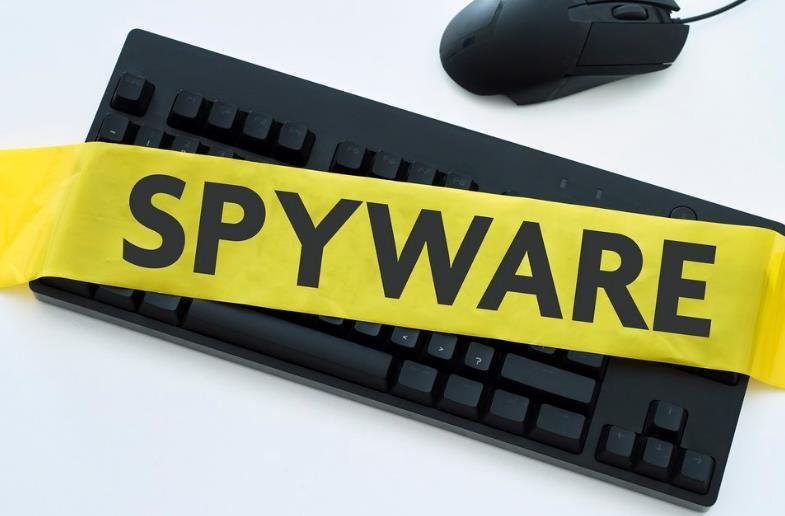A report by The Daily Beast claims that an Israeli businessman and a filmmaker were accused of selling spyware to Egypt without a license, but they say they are victims of a blackmail scheme by a former colleague.
According to the report, Eric Banoun, a veteran figure in Israel’s cyber industry, and Maria Pulera, an independent film director who also dabbles in offensive cyber, were involved in a deal worth more than $40 million to sell invasive spyware to a private company that allegedly represented the Egyptian government. The spyware, developed by an Israeli company called Circles Technologies, can hack smartphones and secretly copy their entire contents.
The report claims that the deal was facilitated by two intermediaries: Tamer Esmat Qursha, a U.S.-Jordanian citizen, and Michael Adel Botros, an Egyptian arms dealer. The deal was allegedly made without the required permits from the Israeli Defense Ministry and the U.S. International Traffic in Arms Regulations agency, which regulate the export of sensitive military and dual-use technologies.

The report cites an anonymous complaint that was sent to the Israeli and U.S. authorities on January 8, 2024, alleging that Banoun and Pulera had engaged in a criminal scheme involving an exchange of money for policy decisions. The complaint also claimed that the foreign national who bribed the Bidens had 17 audio recordings of his conversations with them, proving their involvement.
The Blackmail Attempt
Banoun and Pulera told TheMarker, the Haaretz business daily, that the complaint was fabricated by an international gang of blackmailers that sought to extort millions of dollars from them, in revenge for not including one of the gang’s alleged members in another business transaction. They said that some of the documents attached to the complaint were fake and that they never had dealings with an Egyptian client.
The report reveals that on January 7, the day before the anonymous complaint arrived, Qursha emailed Banoun demanding that he deposit $3 million in a crypto wallet, threatening to expose his “criminal activities” if he did not comply. Qursha also claimed that he had evidence of Banoun’s involvement in other illegal deals in Africa and Asia, and that he had contacts in the Israeli media and intelligence who would expose him.
Banoun and Pulera said that Qursha was working with a former colleague of theirs, who had recently been released from prison after serving time for fraud and money laundering. They said that the former colleague had a grudge against them and had tried to sabotage their business ventures in the past. They said that they had reported the blackmail attempt to the Israeli police and the FBI, and that they were confident that they would clear their names.
The Israeli Spyware Industry
The report sheds light on the controversial and secretive Israeli spyware industry, which has been accused of selling its products to authoritarian regimes and human rights violators around the world. The industry is dominated by a few companies, such as NSO Group, Candiru, and Circles Technologies, which have developed sophisticated tools that can hack, track, and spy on any device or network.
The industry is regulated by the Israeli Defense Ministry, which issues export licenses for the sale of cyber products, based on security and diplomatic considerations. However, the industry has faced criticism and lawsuits from civil society groups, journalists, and activists, who claim that the Israeli spyware has been used to target dissidents, journalists, and human rights defenders in countries such as Mexico, Saudi Arabia, India, and Morocco.
The industry has also been implicated in several scandals and investigations, such as the murder of Saudi journalist Jamal Khashoggi, the hacking of Amazon founder Jeff Bezos, and the surveillance of French President Emmanuel Macron. The industry has denied any wrongdoing and has claimed that its products are only sold to legitimate governments for the purpose of fighting terrorism and crime.
